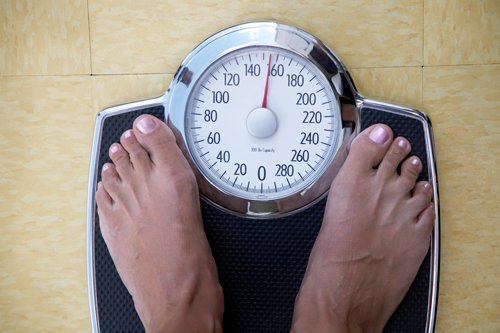
As if dieting were not frustrating enough, new research shows that we are practically guaranteed to gain the weight back after engaging in calorie-restricting diets. In fact, 80% of dieters on a range of diet plans regained the weight they had lost within a year. In the past, we have been quick to blame our return to a chubbier state on a lack of willpower, but a propensity for consuming potato chips is not the only factor contributing to this yo-yo cycle. Most of us are aware that to make the scale show a lower number, we need to cut the amount of calories we consume. But when diets are overly restrictive, our bodies respond accordingly, going into what is essentially a starvation mode.
If you exist on 1,200 calories a day during a diet and then return to a healthy 1,500-calorie-per-day routine, the pounds may return, because your metabolism is slower than it was before the diet. And the faster you lose weight, the more likely it is that muscle rather than fat is lost. Because muscle burns calories faster than fat, the resulting slower metabolism now makes it nearly impossible to eat normally without packing on the weight. In 2010 a study published in the Journal of Lipid Research found that muscle fibers change during weight loss, causing you to burn 20% to 25% fewer calories per day during activities of daily living and moderate aerobic exercise. Thus, a dieter who thinks 200 calories are being burned during a brisk half-hour walk is probably using about 150 to 160 calories. The lose-gain-lose cycle can make it harder to lose weight in the future. A 2011 study in the New England Journal of Medicine showed that the hormones that regulate hunger and a sense of fullness are affected by the yo-yo cycle. The human body continues to fight against weight loss long after dieting has stopped. So what is one to do? We can help by ensuring that you are eating sufficient calories – with the proper balance of carbohydrates, protein and fat – as well as engaging in exercise to build muscle while you lose weight. Also remember that “slow and steady wins the race.” Dropping one to two pounds a week will allow you to avoid losing lean muscle and will help your metabolism work at a higher rate. That said, weight loss is an intense struggle, one in which we are not fighting simply hunger or cravings for sweets, but our own bodies.
